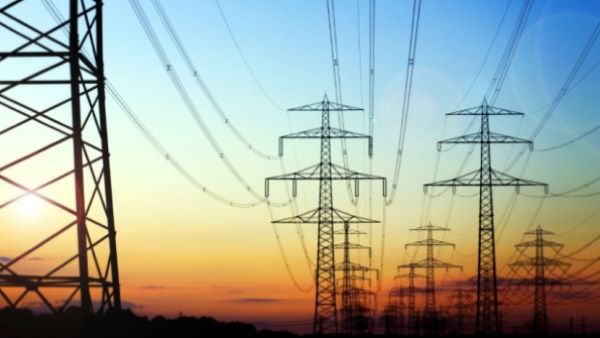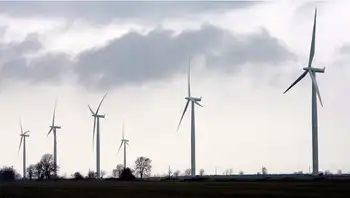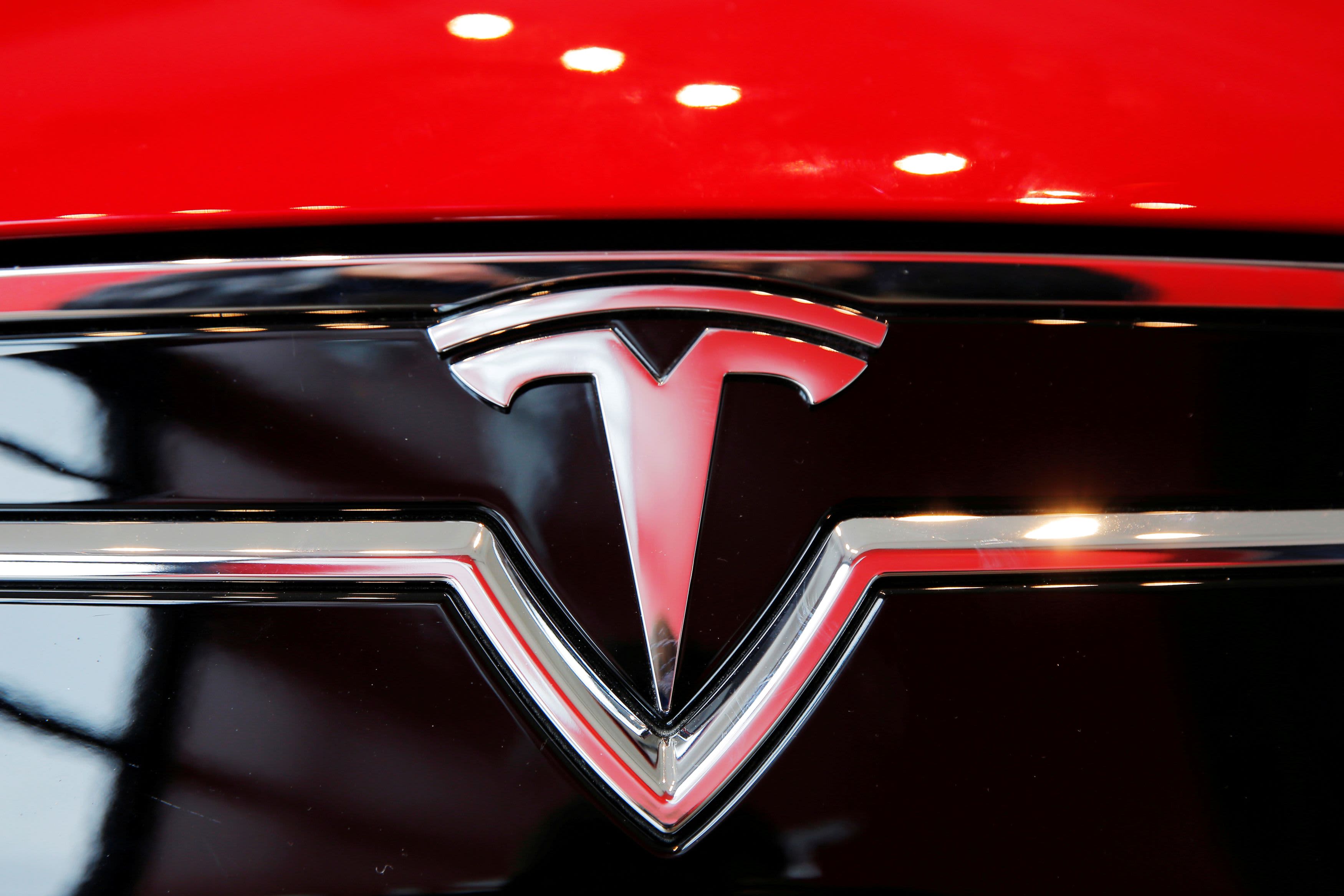TransAlta Poised to Finalize Alberta Data Centre Agreement in 2025

NFPA 70b Training - Electrical Maintenance
Our customized live online or in‑person group training can be delivered to your staff at your location.

- Live Online
- 12 hours Instructor-led
- Group Training Available
TransAlta Alberta Data Centre integrates AI, cloud computing, and renewable energy, tackling electricity demand, grid capacity, decarbonization, and energy storage with clean power, cooling efficiency, and PPA-backed supply for hyperscale workloads.
Key Points
TransAlta Alberta Data Centre is a planned AI facility powered mostly by renewables to meet high electricity demand.
✅ Targets partner exclusivity mid-year; ops 18-24 months post-contract.
✅ Supplies ~90% power via TransAlta; balance from market.
✅ Anchors $3.5B clean energy growth and storage in Alberta.
TransAlta Corp., one of Alberta’s leading power producers, is moving toward finalizing agreements with partners to establish a data centre in the province, aligned with AI data center grid integration efforts nationally, aiming to have definitive contracts signed before the end of the year.
CEO John Kousinioris stated during an analyst conference that the company seeks to secure exclusivity with key partners by mid-year, with detailed design plans and final agreements expected by late 2025. Once the contracts are signed, the data centre is anticipated to be operational within 18 to 24 months, a horizon mirrored by Medicine Hat AI grid upgrades initiatives that aim to modernize local systems.
Data centres, which are critical for high-tech industries such as artificial intelligence, consume large amounts of electricity to run and cool servers, a trend reflected in U.S. utility power challenges reporting, underscoring the scale of energy demand. In this context, TransAlta plans to supply around 90% of its partner's energy needs for the facility, with the remainder coming from the broader electricity market.
Alberta has identified data centres as a strategic priority, aiming to see $100 billion in AI-related data centre construction over the next five years. However, the rapid growth of this sector presents challenges for the region’s energy infrastructure. Electricity demand from data centres has already outpaced the available capacity in Alberta’s power grid, intensifying discussions about a western Canadian electricity grid to improve regional reliability, potentially impacting the province’s decarbonization goals.
To address these challenges, TransAlta has adopted a renewable energy investment strategy. The company announced a $3.5 billion growth plan focused primarily on clean electricity generation and storage, as British Columbia's clean energy shift advances across the region, through 2028. By then, more than two-thirds of TransAlta’s earnings are expected to come from renewable power generation, supporting progress toward a net-zero electricity grid by 2050 nationally.
The collaboration between TransAlta and data centre developers represents an opportunity to balance growing energy demand with sustainability goals. By integrating renewable energy generation into data centre operations and broader macrogrid investments, Alberta could move toward a cleaner and more resilient energy future.











